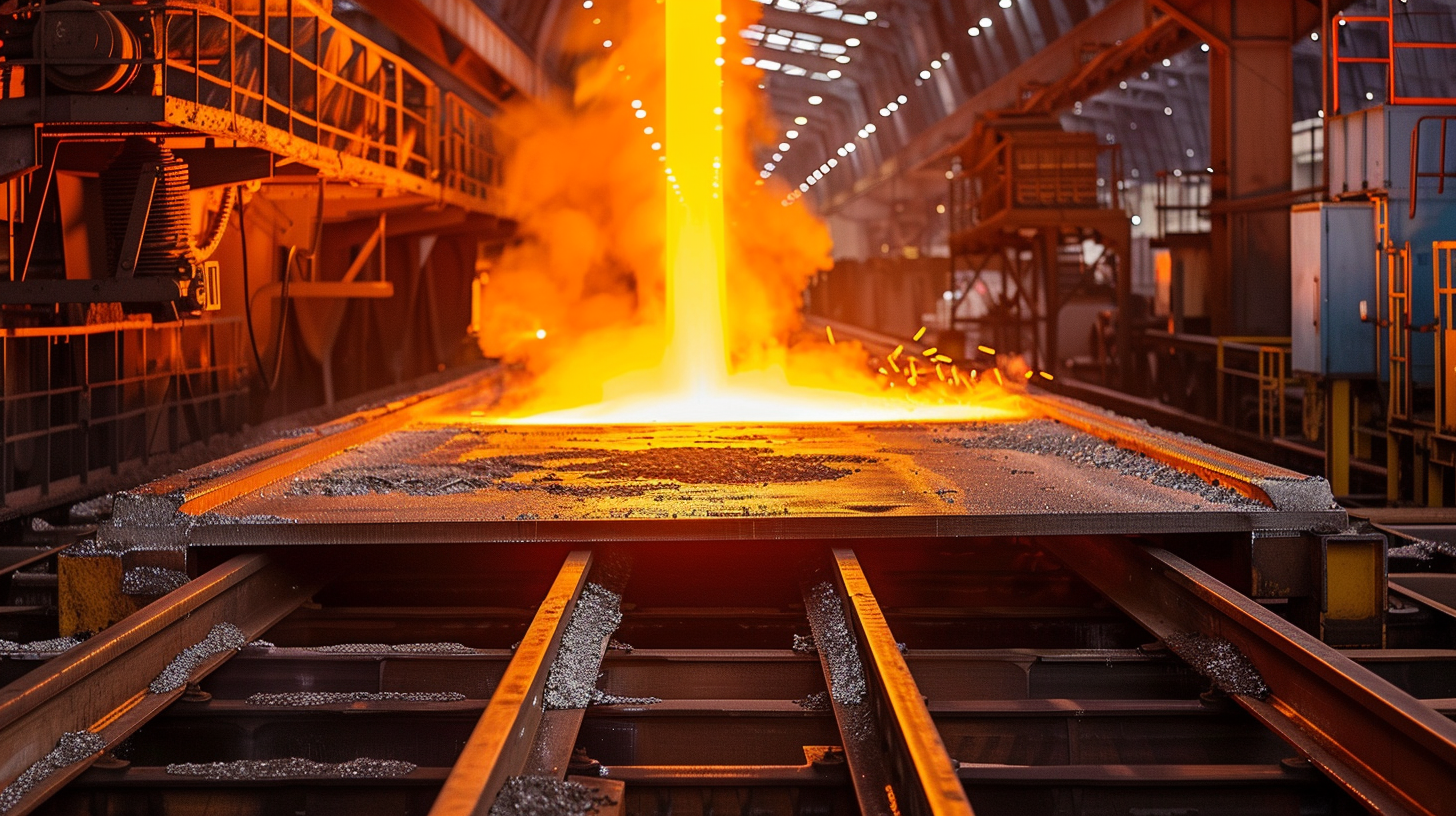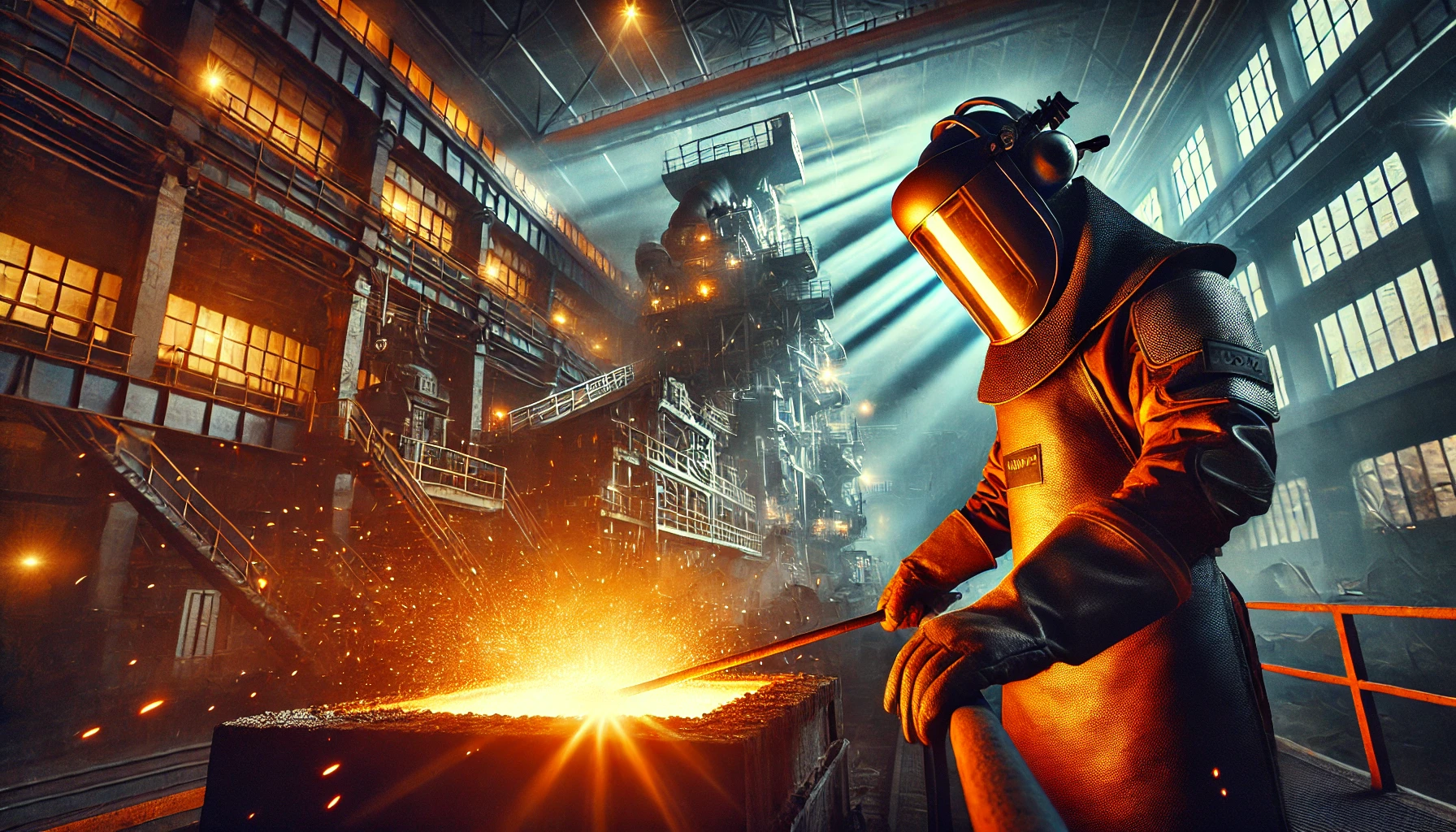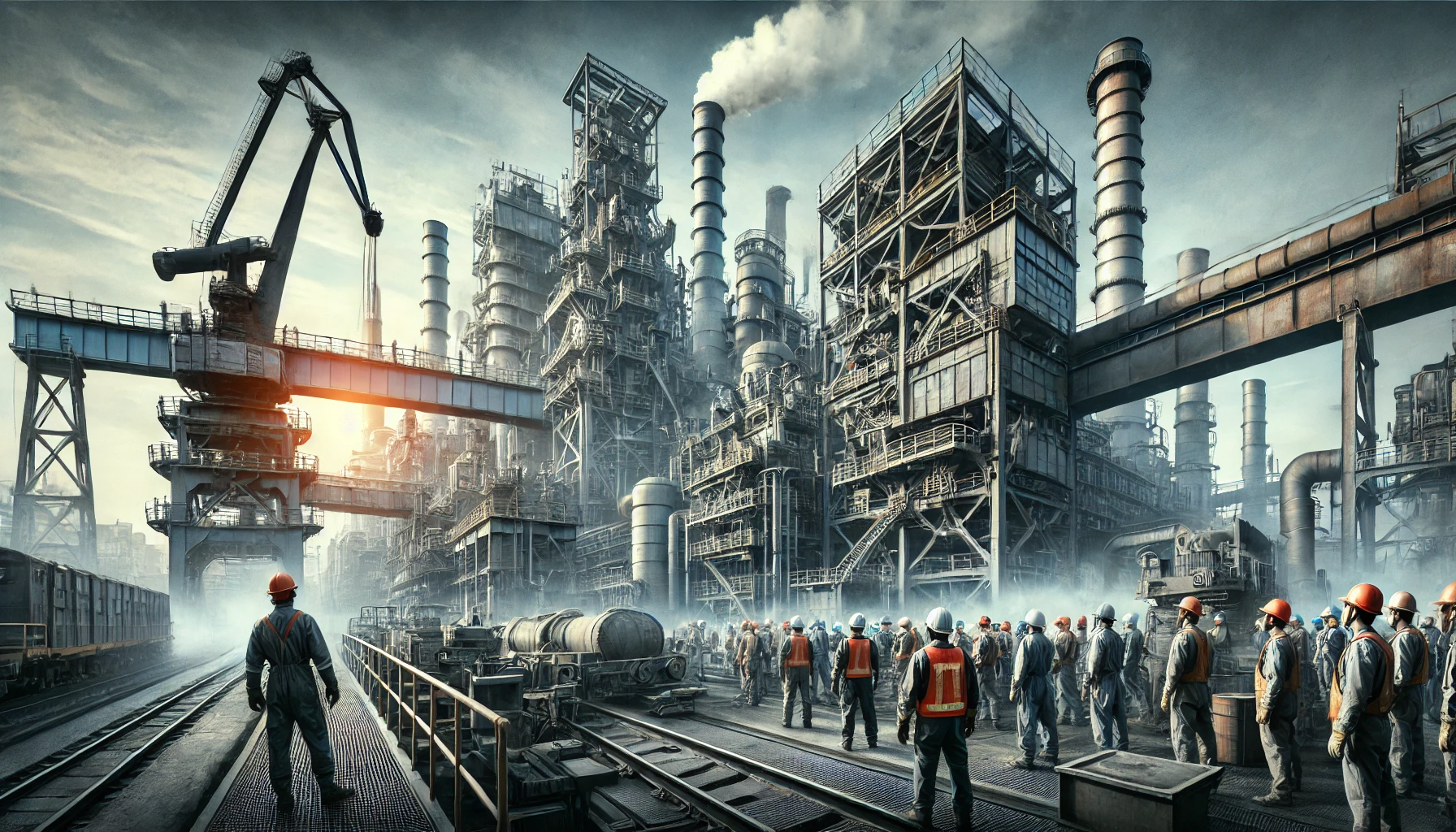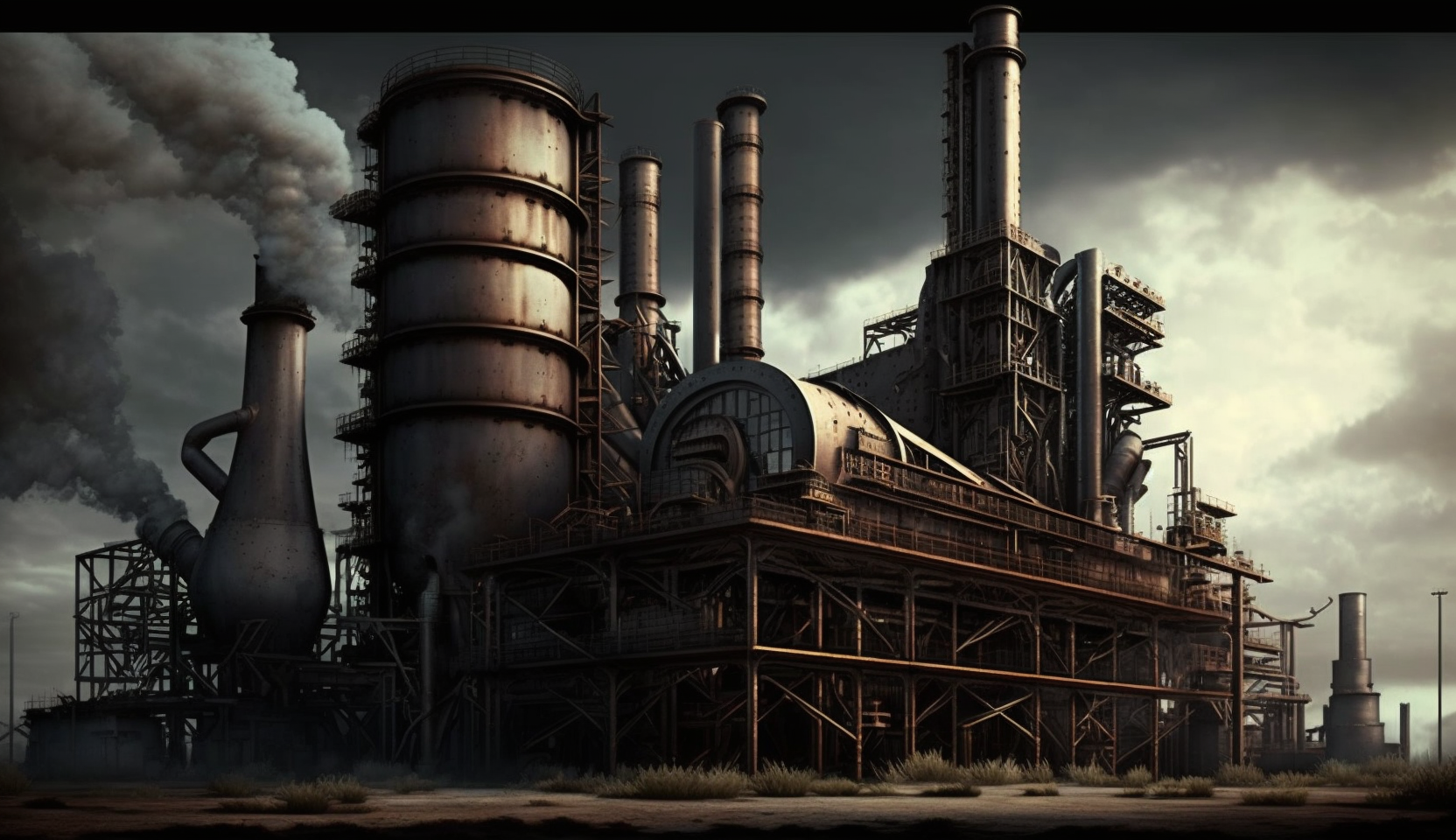| Key Points: – U.S. Steel shares rose 5% after Trump approved its merger with Japan’s Nippon Steel. – The deal includes a rare U.S. “golden share” giving the government veto power over key decisions. – Investors should watch for increased regulatory scrutiny on strategic small-cap M&A deals. |
U.S. Steel (NYSE: X) shares surged over 5% Monday morning after President Donald Trump signed off on the company’s controversial merger with Japan’s Nippon Steel—marking a historic moment for both American industrial policy and global M&A precedent. The approval came with a unique twist: a U.S. government “golden share” that grants Washington significant control over key strategic decisions at the newly combined entity.
For small and micro-cap investors, this development has implications far beyond the blue-chip space. It signals a new level of state involvement in cross-border deals and a precedent for national security-focused intervention, which could trickle down to deals in the lower tiers of the market—especially in defense-adjacent, critical minerals, energy, and industrial sectors.
The Trump administration’s executive order, issued late Friday, cleared the final regulatory hurdle for the merger, provided both companies signed a binding national security agreement. That agreement includes provisions giving the U.S. government a golden share—essentially a special class of equity that confers outsized control. Commerce Secretary Howard Lutnick later confirmed this share grants the U.S. president veto power over decisions including moving U.S. Steel’s headquarters, offshoring jobs, plant closures, and even renaming the company.
While the finer legal details remain under wraps, investors can view this as a quasi-government stake—not in equity terms, but in influence. The golden share construct ensures U.S. Steel remains tethered to national priorities, despite being a wholly owned subsidiary of Japan’s Nippon Steel North America, according to the company’s latest SEC filing.
The government’s involvement also reframes how foreign capital may approach U.S. industrial assets moving forward. Trump, who has shied away from calling the merger a “takeover,” prefers to describe it as a “partnership,” signaling an attempt to strike a political and economic balance ahead of the 2026 elections.
For micro-cap investors, this is a strategic signal. Any company operating in or adjacent to national security, critical infrastructure, or industrial manufacturing could now fall under increased scrutiny—especially if foreign buyers or strategic partners are involved. Think niche steelmakers, components suppliers, and rare-earth miners. Even smaller players that feed into the defense or aerospace supply chains may now be seen through a new lens of “strategic value.”
While the golden share model is novel in the U.S., it’s long been used in Europe and Asia to protect domestic champions. Its introduction here could affect deal structures and valuations across the capital spectrum. Investors should watch for similar clauses creeping into M&A activity in the lower end of the market, especially where the government could assert a national interest.
While U.S. Steel is far from a micro-cap, the conditions of this deal offer key insights for small-cap investors. Regulatory risk, particularly geopolitical, is no longer just a big-cap concern. As protectionism and industrial policy take center stage, early-stage investors would be wise to evaluate their portfolios not just on fundamentals—but on flags, borders, and federal influence.





